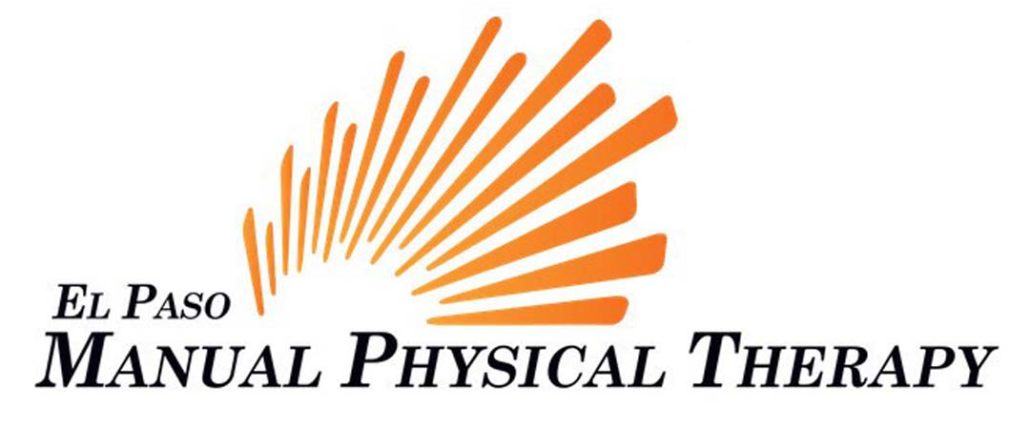Do You Think You Might Have Carpal Tunnel Syndrome?
Hey everyone, this is Dr. David, Physical Therapist with El Paso Manual Physical Therapy.
I wanted to talk to you all about Carpal Tunnel Syndrome and other nerve symptoms that might appear in your arm that sometimes are mistaken for Carpal Tunnel Syndrome.
So just a real quick description of the Carpal Tunnel. Carpal means wrist, and tunnel obviously a hole, or passageway.
So in the wrist region is where there’s a little hole or passageway, and a nerve passes through there.
It’s called the median nerve, and it innervates muscles and brings sensation to the palm of the hand as well as the thumb, index and middle fingers.
A lot of people that have true Carpal Tunnel Syndrome will complain of numbness, tingling, weakness in the hand.
Many times, they’ll actually have some of the muscles in the hand that look like they’ve wasted away, or atrophied.
But what we tend to see is people get symptoms in other parts of the hand as well.
They get numbness, tingling on the pinky side of the hand, into the pinky and ring fingers. Other times it can be in the top of the wrist, forearm and into the back of the hand. It might affect the backside of the thumb, index and middle fingers. These are signs of the radial and ulnar nerves. They don’t pass through the carpal tunnel, but can be affecting your arm and hand symptoms as well.
At El Paso Manual Physical Therapy, we tend to find that a lot of these symptoms are related to problems up higher in the shoulder and neck area.
So it’s important to take into consideration if you have any shoulder pain or neck pain along with the hand tingling, numbness, or weakness –>> it could be related.
In fact, it might be the cause of the hand symptoms.
What follows are some quick tests that you can do to see if your nerves are causing your arm and hand numbness, tingling and pain.
(DISCLAIMER: Before you start this, make sure that you move slowly through the tests. Check out the video above to get the movements right. These tests could flare up your nerves if you take them too far. Only move up to the edge of where you might feel some stretching, pain, numbness, tingling, something like that. Don’t push into it, please.)
1) Radial Nerve: Tuck your thumb into your fist, then turn your thumb down, straighten out your elbow, bring your arm back, and bend your wrist down. You shouldn’t feel anything but maybe some slight stretching at the end of the motion, there. But if along the pathway here you’re feeling some pain, some intense stretching already, that’s not normal, could be a nerve.
2) Ulnar Nerve: Open your hand, turn your fingers towards your head, push your elbow out, and then start moving your palm towards your ear. You should feel just a little bit of stretching as your hand approaches your ear. If it starts affecting you before you’re within 2-3 inches of your ear, you’ve likely got an issue here.
3) Median Nerve: Again palm open, this time your fingers point out. Then keep your elbow up and start moving your hand away from your head. You should again, feel just a little bit of stretching at the end of the motion, but it shouldn’t be overwhelming. If you cannot get your elbow at least halfway straightened out, you’ve got some serious nerve problems (might even be real carpal tunnel problems!)
If you find that you have some numbness, tingling, or pain in these tests, I recommend you talk to a specialist ASAP.
This problem could become significantly worse if you don’t do something about it. A lot of times it’s related to a disc herniation in the neck or something going on in the shoulder as well, and the sooner that you get this problem corrected, the less time it takes, the easier it is to fix, and the easier it is to prevent as time goes on.
You can avoid having surgery or having to be taking pain medication to get through the day. It is possible to get back your normal life again.
If you’ve been dealing with numbness, tingling, and pain that goes in your arms and hands, get in touch with us and learn how you can reverse this problem.


